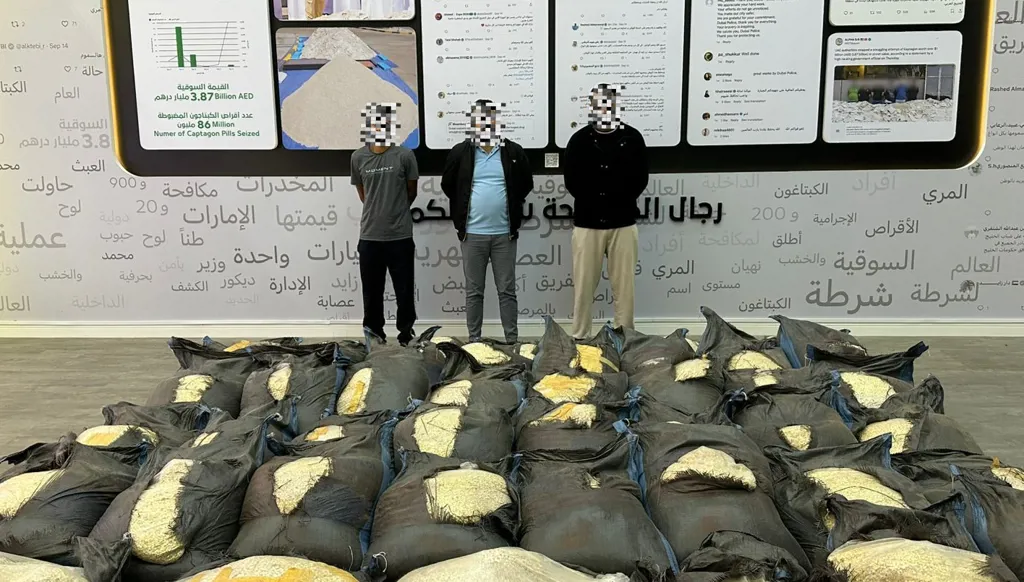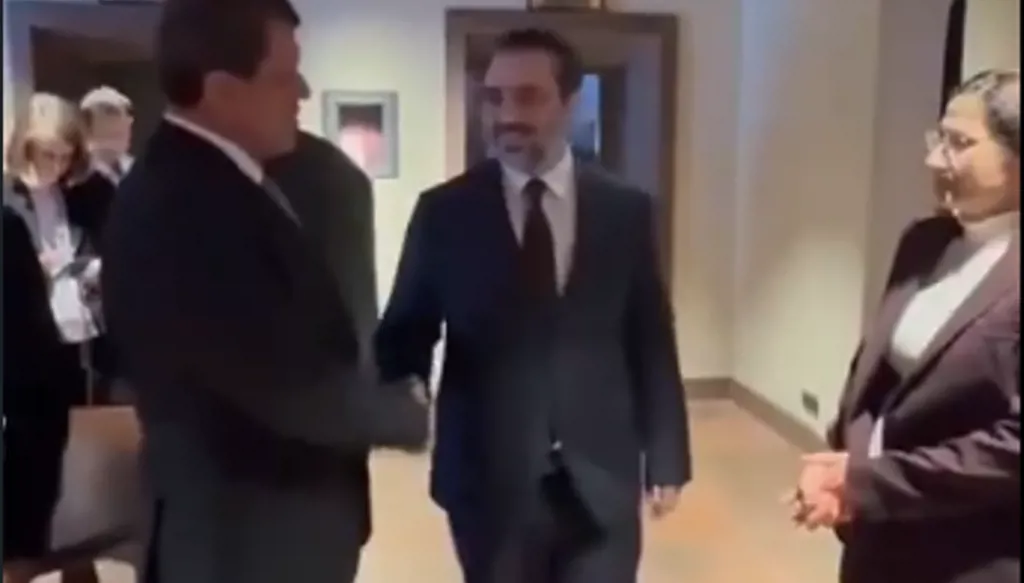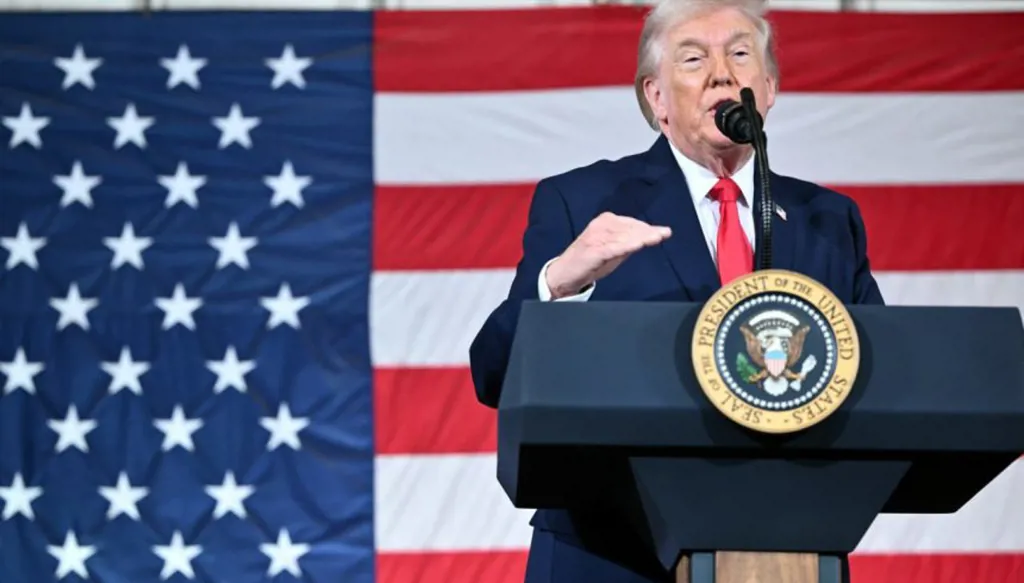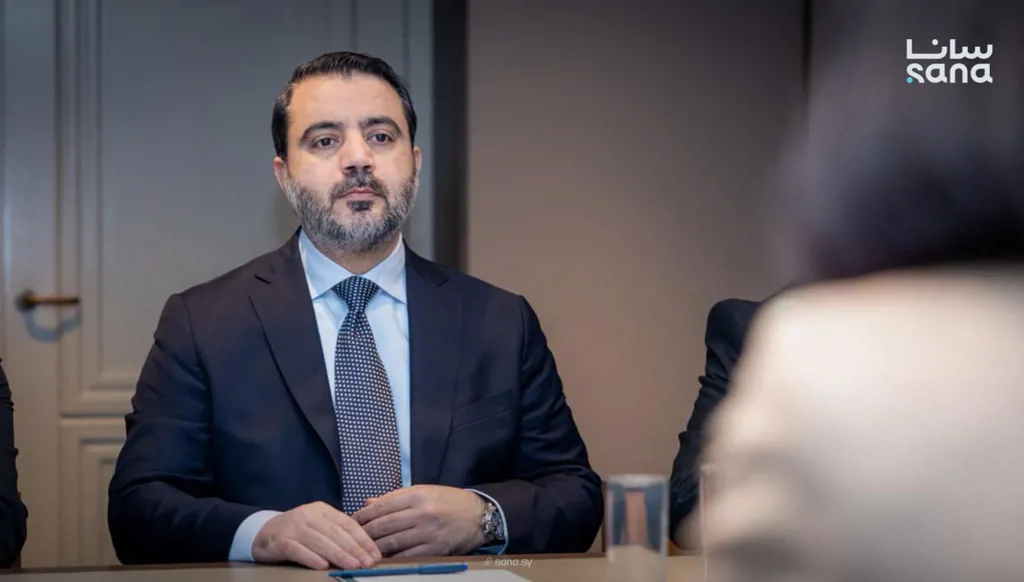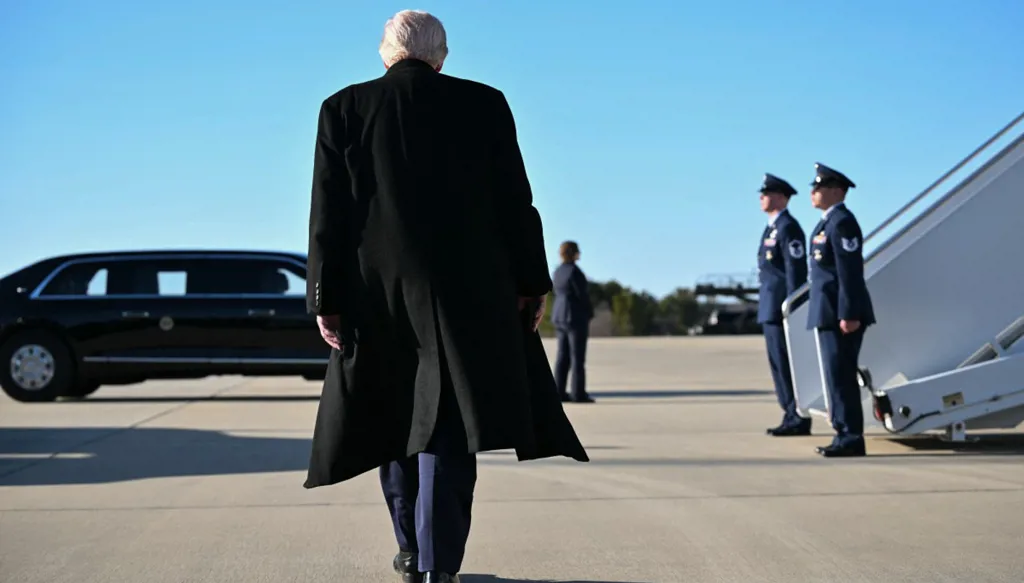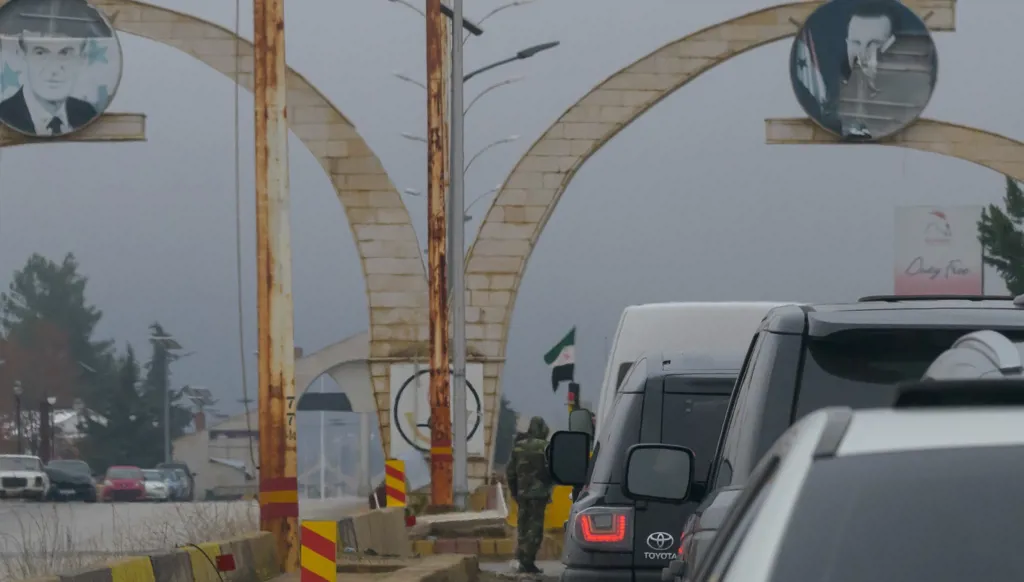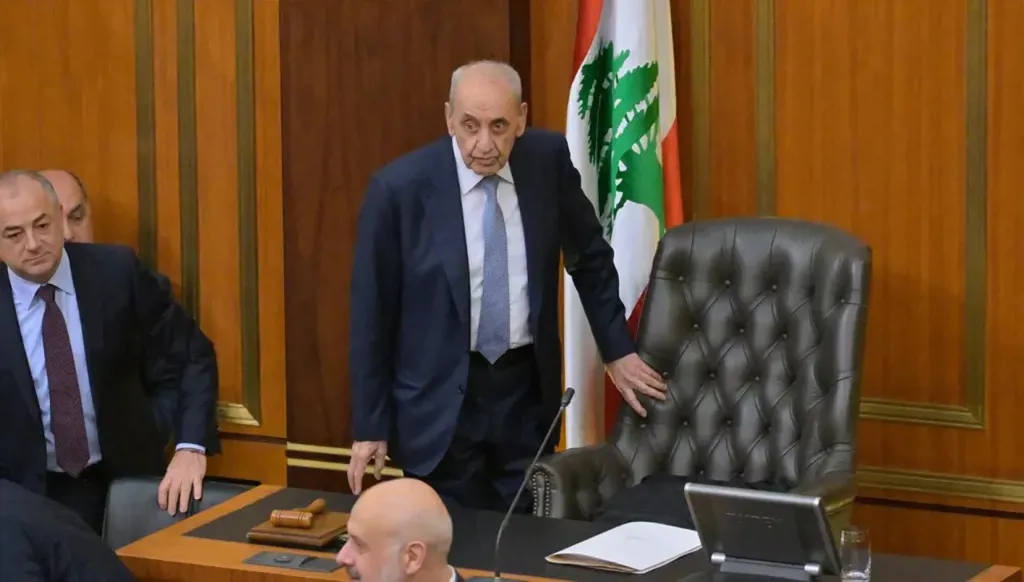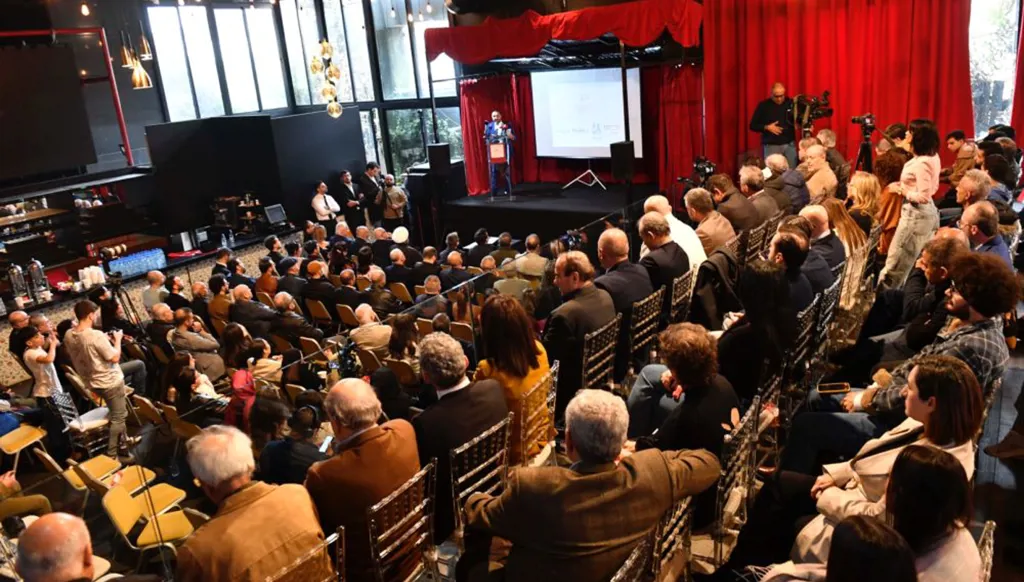هذا ما أطلبه من أسقف روما
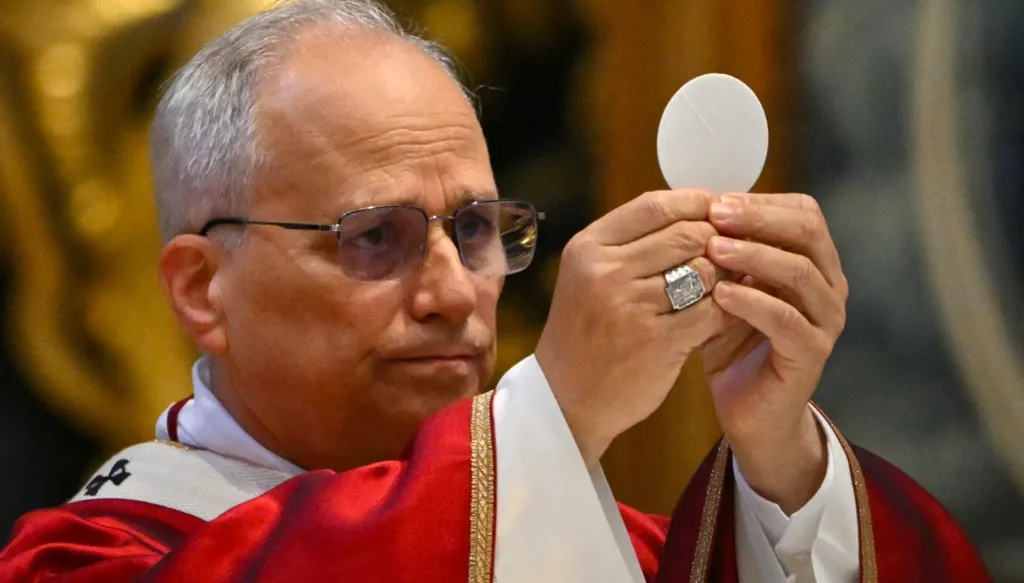
لن أدخل في الأسباب المتشابكة والمعقّدة، الرسوليّة والدينيّة والإيمانيّة والإنسانويّة والقيميّة والاجتماعيّة والسياسيّة وسواها، التي تحمل أسقف روما على زيارة لبنان. وهي أسبابٌ بالغة الأهميّة.
كما لن أتناول أيضًا علاقة الفاتيكان بالكنائس الشرقيّة، وهموم هذه الكنائس، ومشكلاتها، وأزماتها، ومن ضمنها كنيسة لبنان.
ما يعنيني في هذا "الملحق" المضاف إلى رسالتي المفتوحة إلى لاوون الرابع عشر، والمنشورة في "نهار" الإثنين 3 تشرين الثاني 2025، هو الآتي:
إذا كان من جدوى عملانيّة (faisabilite) لزيارة أسقف روما للبنان وتركيا، المقرّرة بين 27 تشرين الثاني و2 كانون الأوّل، فالجدوى هي أنْ ينتزع لاوون الرابع عشر من "العالم" قرارًا سياسيًّا، قانونيًّا، وتطبيقيًّا (من مجلس الأمن التابع للأمم المتّحدة)، يُنفَّذ على الفور، يُستثنى لبنان بموجبه من لعبة الأمم، فلا يعود ساحةً، ولا ممرًّا، ولا حجر شطرنج، فتمتنع هذه الأمم، طوعًا أو إنفاذًا للقرار الأممي، عن استخدام لبنان، كيانًا ووجودًا ودولةً، وعن استخدام الجماعات اللبنانيّة في لعبة العالم القذرة، وذلك لمرّةٍ واحدةٍ ونهائيّة.
هل هي "خدمة" يقدّمها العالم إلى الفاتيكان؟ وكيف سيتحقّق ذلك؟
لا. ليست خدمة (مجّانيّة). إذ يفترض أن يندرج هذا القرار الأمميّ في إطار تبادل المنافع السياسيّة والمعنويّة بين الكرسيّ الرسوليّ (باعتباره دولة) ومجمع الأمم والدول العظمى ذات التأثير. وفي ضوء تبادل المنافع هذا، المتعارَف عليه، "يطلب" الفاتيكان لنفسه أن يمنحه العالم هذا "الاستثناء" المعنويّ والسياسيّ، على أنْ يسدّد هو للعالم ما يقابل هذا المطلب – "الهديّة"، وما يوازيه.
لا بدّ أنّ الفاتيكان يعرف ما هو المقابل الذي يطلبه العالم، ويعرف كيف يسدّد هذا المقابل.
ما فحوى هذا المطلب؟
أنْ توضع اليد الأمميّة سلميًّا على لبنان في مرحلةٍ محدّدة وانتقاليّة، هي الآن، وفورًا (لا على طريقة الاحتلال والانتداب والوصاية)، فيُحيَّد تحييدًا نهائيًّا عمّا يعتريه من أعطاب الداخل، وعمّا يعتري الجوار الإقليميّ من قضايا ومسائل مستعصية، وعمّا يعصف بهذا الجوار (وبالعالم كلّه) من مطامع ومصالح.
أي:
1- تحييد لبنان عمّا يعتريه من أعطاب الداخل اللبنانيّ، بحيث لا تعود الجماعات اللبنانيّة المتناحرة قادرةً - مجتمعةً أو منفردةً - على استدراج الخارج ليكون شريكًا في حساباتها الداخليّة.
2- تحييد لبنان عمّا يعتري الجوار الإقليميّ من قضايا ومسائل مستعصية، وفي مقدّمها ما له علاقة بمطامع إسرائيل في لبنان، وبالصراع العربيّ - الإسرائيليّ، وبالمسألة الفلسطينيّة.
3- تحييد لبنان عمّا يعصف بهذا الجوار الإقليميّ المتعدّد (العربيّ والإيرانيّ والتركيّ وسوى هؤلاء) من مصالح ومطامع.
4- تحييد لبنان عن الصراعات الأمميّة، في الشرق والغرب، كما في الشمال والجنوب.
لقد أراد الفاتيكان للبنان أنْ يكون مختبرًا إنسانيًّا للأنسنة.
لكي يتحقّق هذا السعي، يجب أنْ تتحقّق الخطوة الأولى بإعلانٍ أمميٍّ توافقيّ قابلٍ للتطبيق السلميّ الفوريّ، بتحييد لبنان ووضع اليد عليه بسلاسة وعقلنة وعدالة ومساواة، بالتوازي مع زيارة لاوون الرابع عشر، كإشارةٍ لا بدّ منها على طريق تحقيق مشروع "لبنان الوطن الرسالة"، الذي قال به أسقف روما يوحنّا بولس الثاني في أحد الأيّام من أيّار 1997 خلال زيارته التاريخيّة للوطن الموعود.
هل يطلب الفاتيكان هذا الطلب من العالم؟ هل يستجيب العالم؟
المسألة بالغة التعقيد، وأكاد أقول شبه مستحيلة. لكن هذا الـ"شبه مستحيل"، هو ما أعتقد أنّ الفاتيكان مدعوٌّ للقيام به.
وهذا ما أعتقد أنّ كرسيّ روما وحده قد يكون قادرًا على اجتراحه.
That is the question.
Ce que je demande à l’évêque de Rome
Je ne m’attarderai pas sur les raisons multiples et complexes — apostoliques, religieuses, spirituelles, humanistes, morales, sociales ou politiques — qui poussent l’évêque de Rome à se rendre au Liban. Ces raisons sont, sans nul doute, d’une importance capitale.
Je n’aborderai pas non plus la relation du Vatican avec les Églises orientales, ni les soucis, les difficultés et les crises que connaissent ces Églises, y compris celle du Liban.
Ce qui m’importe, dans cette annexe ajoutée à ma lettre ouverte à Léon XIV, publiée dans An-Nahar le lundi 3 novembre 2025, c’est ceci :
S’il devait y avoir une utilité concrète (faisabilité) à la visite de l’évêque de Rome au Liban et en Turquie, prévue entre le 27 novembre et le 2 décembre, cette utilité résiderait dans la capacité de Léon XIV à obtenir du « monde » une décision politique, juridique et exécutoire, émanant du Conseil de sécurité des Nations unies, à appliquer immédiatement.
Une décision en vertu de laquelle le Liban serait exclu du jeu des nations, cesserait d’être une arène, un passage, un pion sur l’échiquier mondial. Les nations, dès lors — volontairement ou par application de la résolution onusienne —, cesseraient d’utiliser le Liban, son existence, son État, ou ses communautés, dans le cadre du jeu mondial corrompu. Une fois pour toutes, définitivement.
S’agirait-il d’un service rendu par le monde au Vatican ? Et comment cela pourrait-il se réaliser ?
Non. Ce ne serait pas un service gratuit.
Une telle décision devrait s’inscrire dans un échange d’intérêts politiques et moraux entre le Saint-Siège — en tant qu’État — et la communauté des grandes puissances.
Dans cette logique d’échange, reconnue et pratiquée, le Vatican demanderait pour lui-même que le monde lui accorde cette exception morale et politique, tout en s’engageant à en payer la contrepartie — ce « don », cette « faveur » réciproque.
Le Vatican sait certainement ce que le monde réclamerait en retour, et il sait comment s’en acquitter.
Mais quel serait, au fond, ce contenu de la demande ?
Que la main internationale soit posée pacifiquement sur le Liban, pour une période définie et transitoire, dès maintenant et sans délai — non pas sous forme d’occupation, de mandat ou de tutelle —, afin que le pays soit neutralisé définitivement :
soustrait à ses défaillances internes, aux impasses régionales qui l’encerclent, et aux convoitises qui agitent ce voisinage — et, au-delà, le monde entier.
Autrement dit :
• Neutraliser le Liban de ses propres failles internes, pour que ses communautés rivales ne puissent plus, ensemble ou séparément, attirer les puissances extérieures dans leurs calculs domestiques.
• Neutraliser le Liban des crises régionales, notamment celles liées aux ambitions d’Israël au Liban, au conflit arabo-israélien et à la question palestinienne.
• Neutraliser le Liban des convoitises multiples qui traversent son environnement régional — arabe, iranien, turc, et autres.
• Neutraliser le Liban des affrontements mondiaux, qu’ils se situent à l’Est ou à l’Ouest, au Nord ou au Sud.
Le Vatican a voulu faire du Liban un laboratoire humain de l’humanisme.
Pour que cette vision se réalise, la première étape doit être une déclaration onusienne consensuelle, immédiatement applicable, proclamant la neutralité du Liban et plaçant le pays sous supervision internationale — pacifique, rationnelle, juste et équitable —, en parallèle avec la visite de Léon XIV.
Ce serait un signal indispensable sur la voie du projet de « Liban, pays-message », tel que l’avait formulé l’évêque de Rome Jean-Paul II en mai 1997, lors de sa visite historique dans la patrie promise.
Le Vatican addresse-t-il une telle demande au monde ?
Et le monde y répondra-t-il ?
La question est d’une extrême complexité — presque impossible, dirais-je.
Mais c’est précisément ce « presque impossible » que le Vatican est, à mes yeux, appelé à accomplir.
Et c’est, je le crois, ce que le Siège de Rome seul pourrait être capable d’inventer.
That is the question.
What I Ask of the Bishop of Rome
I will not delve into the intertwined and complex reasons — apostolic, religious, spiritual, humanistic, moral, social, or political — that drive the Bishop of Rome to visit Lebanon. These reasons are, without a doubt, of great importance.Nor will I address the Vatican’s relationship with the Eastern Churches, or the concerns, difficulties, and crises of these Churches, including that of Lebanon.
What matters to me, in this addendum to my open letter to Leo XIV, published in An-Nahar on Monday, November 3, 2025, is the following:
If there is any practical value (faisabilité) in the Bishop of Rome’s planned visit to Lebanon and Turkey, scheduled between November 27 and December 2, it would be that Leo XIV might extract from the “world” a political, legal, and enforceable resolution — one issued by the United Nations Security Council — to be implemented immediately.
A resolution that would exempt Lebanon from the game of nations, making it no longer an arena, a passage, or a pawn on the global chessboard.
Under this resolution, the nations — voluntarily or by force of law — would refrain from using Lebanon, its entity, its existence, or its State, and from exploiting its communities in the world’s sordid game, once and for all, definitively.
Would such an initiative be a “favor” the world grants to the Vatican? And how could it come about?
No. It would not be a free favor.
Such a decision would necessarily fall within a mutual exchange of political and moral interests between the Holy See — as a sovereign state — and the international community of powerful and influential nations.
Within this framework of exchange, well established in global diplomacy, the Vatican would ask that the world grant it this moral and political exception, while pledging, in turn, to repay the counterpart — the “gift,” if you will — expected in return.
The Vatican surely knows what the world would ask in exchange, and it knows how to settle that account.
What, then, would be the essence of such a request?
That the international community place its hand peacefully on Lebanon for a defined and transitional period — beginning now, immediately — not through occupation, mandate, or tutelage, but through a neutralization process that would definitively shield the country from its internal decay, from the intractable crises of its regional neighborhood, and from the storms of greed and interests raging across that region — and indeed, across the world.
In other words:
• To neutralize Lebanon from its internal dysfunctions, so that its rival communities — jointly or separately — can no longer draw in foreign actors to serve their domestic calculations.
• To neutralize Lebanon from regional disputes, foremost among them Israel’s ambitions in Lebanon, the Arab-Israeli conflict, and the Palestinian question.
• To neutralize Lebanon from the overlapping ambitions and interests that dominate its regional surroundings — Arab, Iranian, Turkish, and others.
• To neutralize Lebanon from the global confrontations between East and West, North and South.
The Vatican has long envisioned Lebanon as a human laboratory of humanism.
For that vision to take shape, the first step must be an internationally consensual declaration, immediately and peacefully enforceable, placing Lebanon under rational, fair, and balanced international supervision — in parallel with the visit of Leo XIV.
Such a move would be a necessary signal along the path toward realizing the project of “Lebanon, a country-message”, as proclaimed by Pope John Paul II during his historic visit in May 1997 to the promised homeland.
Will the Vatican dare make such a request of the world?
And will the world respond?
The issue is exceedingly complex — almost impossible, one might say.
But it is precisely this “almost impossible” that I believe the Vatican is called upon to attempt.
And it is, I believe, what the See of Rome alone may still be capable of achieving.
That is the question.



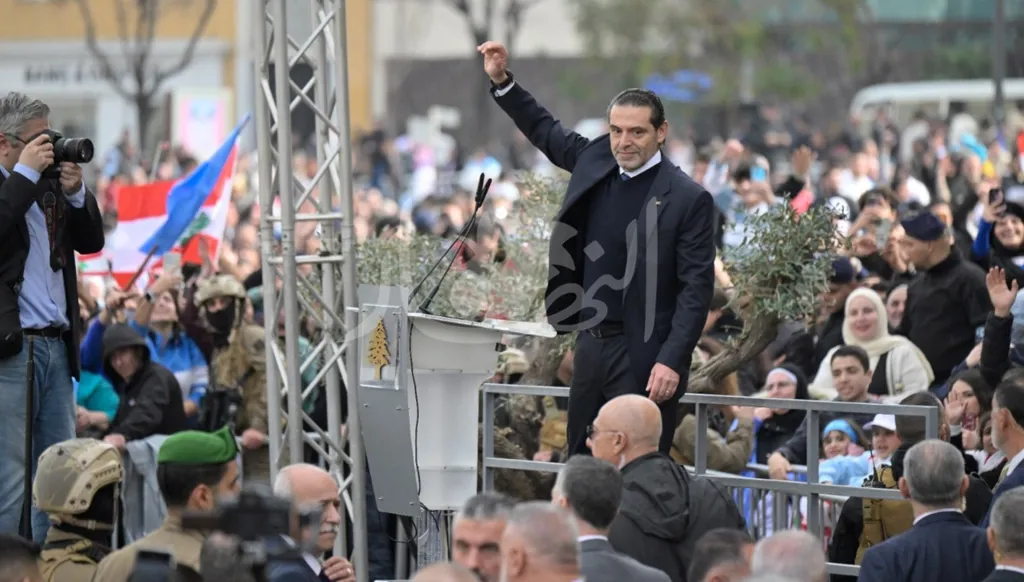
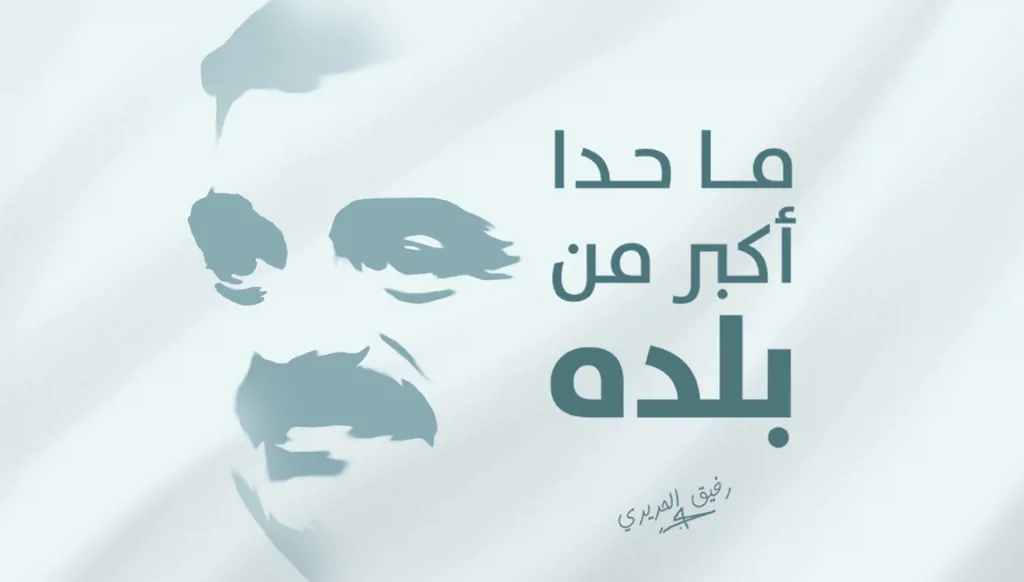
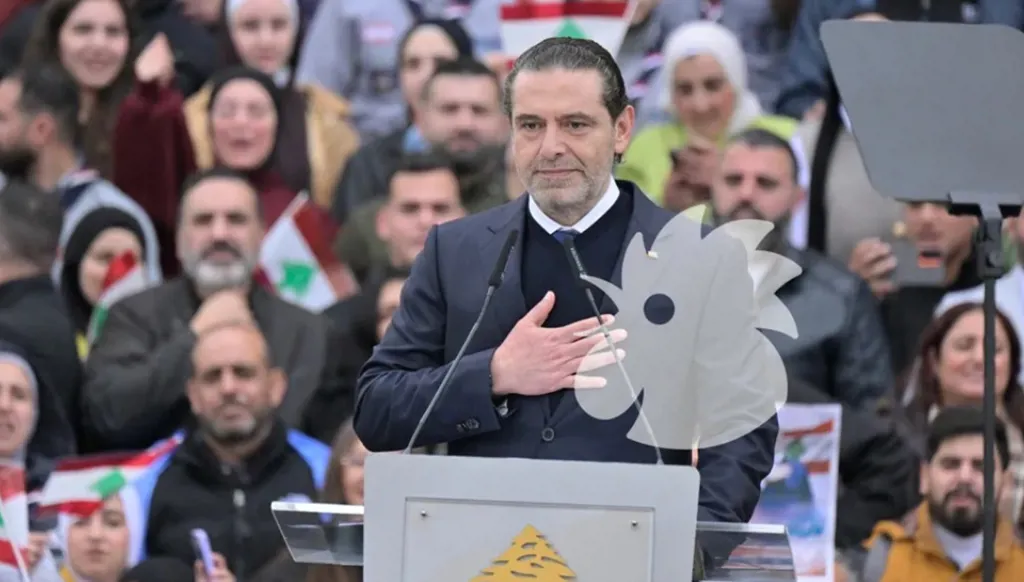
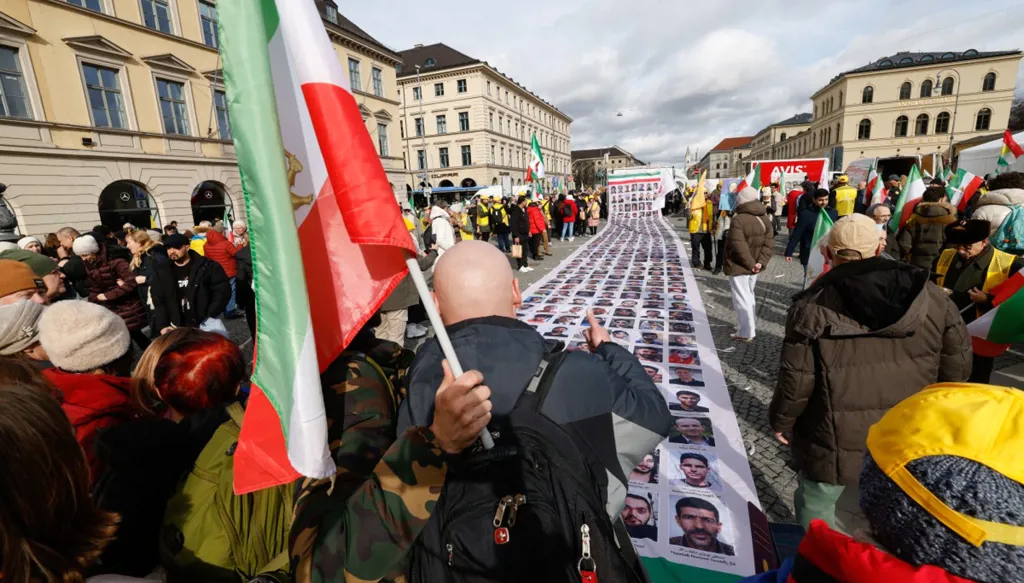

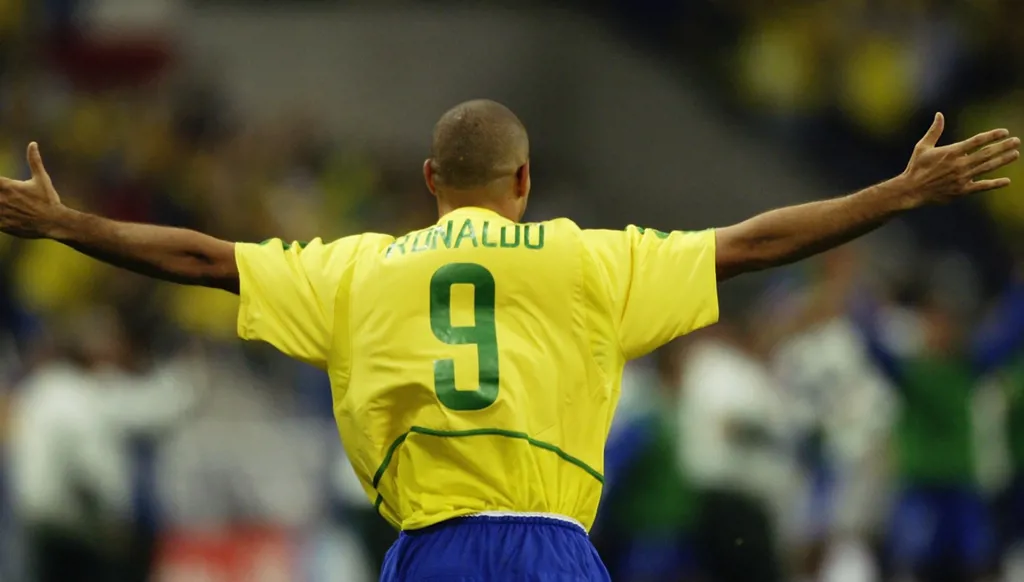

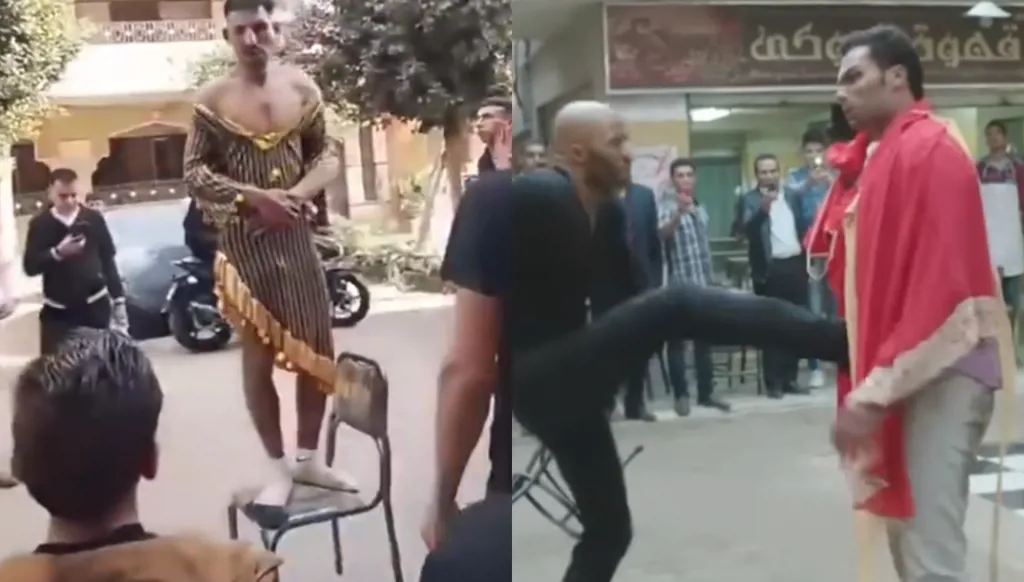

 تویتر
تویتر
 فيسبوك
فيسبوك
 يوتيوب
يوتيوب
 انستغرام
انستغرام
 نبض
نبض
 ثريدز
ثريدز




 مسنجر
مسنجر
 واتساب
واتساب
 بريد إلكتروني
بريد إلكتروني
 الطباعة
الطباعة


